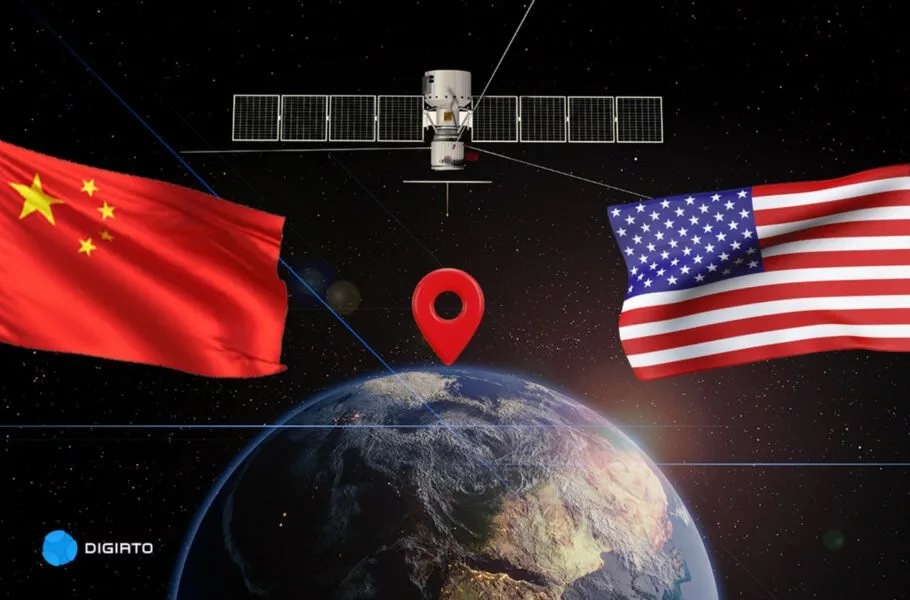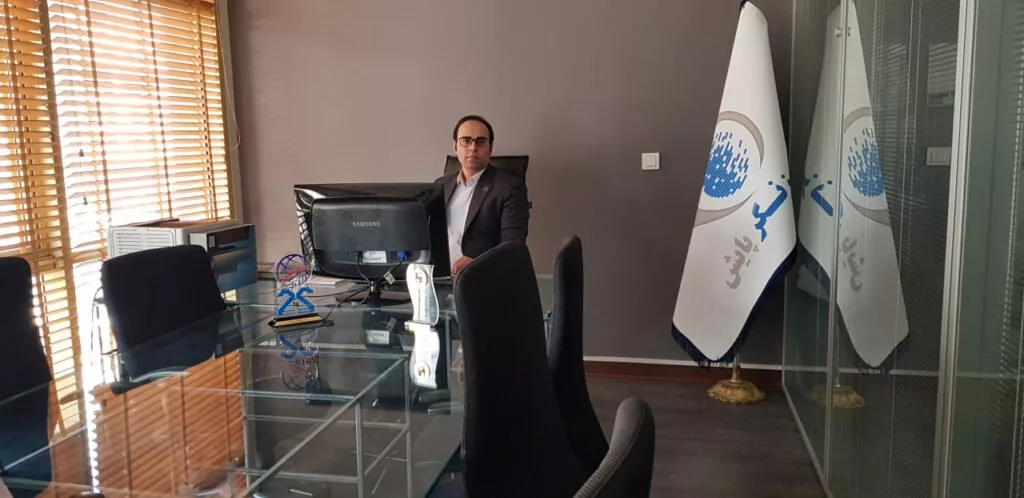
Replacing GPS with China’s BeiDou System: Tiznegar CEO Calls It a Laughable Suggestion
Tiznegar CEO calls replacing GPS with China's BeiDou system impractical, stressing the importance of developing indigenous navigation solutions.
The Deputy Minister of ICT recently suggested that, since GPS is controlled by the United States, Iran should consider shifting to China’s BeiDou navigation system. However, Yaser Ashoorzadeh, CEO of the satellite company Tiznegar, has dismissed this idea as impractical and unfeasible.
In an interview with Digiato, Ashoorzadeh argued that the proposal lacks both technical and operational viability, emphasizing that GPS disruptions affect the entire positioning ecosystem, including global navigation systems (GNSS), which integrate multiple satellite constellations such as GPS, GLONASS, Galileo, and BeiDou.
Ashoorzadeh explained that while China has the infrastructure and domestically produced devices to support BeiDou, Iran lacks the tools and resources to implement such a shift. He stressed that the solution to GPS disruptions lies not in empty rhetoric but in developing indigenous positioning systems.
The Deputy Minister’s remarks come amid concerns over GPS disruptions, which have posed significant challenges for online businesses during wartime and afterward. He argued that GPS's control by the U.S. could potentially lead to politically motivated interference, suggesting a pivot to BeiDou as a countermeasure. However, critics have pointed out that most modern devices are equipped with GNSS receivers, which are not solely dependent on GPS. Disruptions to GPS signals, therefore, represent a broader issue that impacts public safety and infrastructure projects.

Ashoorzadeh emphasized the far-reaching consequences of GPS interference, which can disrupt navigation apps like Google Maps and cause substantial setbacks to large-scale engineering projects such as road construction, dam building, and tunneling. Surveyors rely heavily on single- and dual-frequency receivers, and GPS disruptions can lead to costly errors in planning and execution.
From a technical standpoint, Ashoorzadeh argued that a unilateral shift to BeiDou demonstrates a lack of understanding of multi-system positioning technologies. He further clarified that GPS disruptions affect not just American satellites but the entire GNSS framework, which integrates multiple global systems.
Ashoorzadeh also questioned the feasibility of equipping user devices specifically for BeiDou. While Chinese manufacturers produce devices that can exclusively support BeiDou, brands like Samsung and Apple use GNSS, making a complete pivot unworkable. Moreover, GNSS remains operational even if GPS is disabled, underscoring the need for a broader analysis of interference issues.
The Tiznegar CEO advocated for developing an indigenous positioning system with dedicated software and hardware, similar to China’s model. However, he stressed that Iran currently lacks the infrastructure to replicate such a system.
Furthermore, Ashoorzadeh criticized the political dimension of the Deputy Minister’s remarks, arguing that uninformed statements from public officials damage Iran’s credibility on the international stage. He called for greater precision and expertise in addressing such sensitive topics, warning that poorly considered comments harm the country’s reputation globally.












